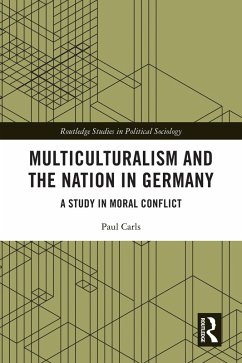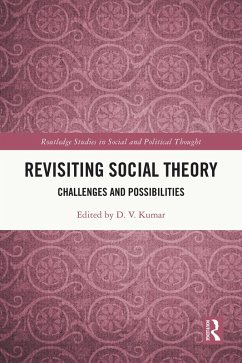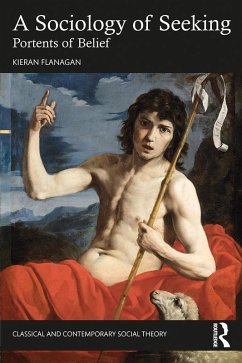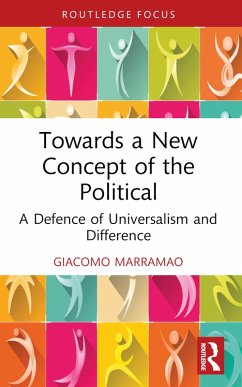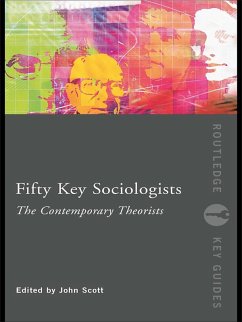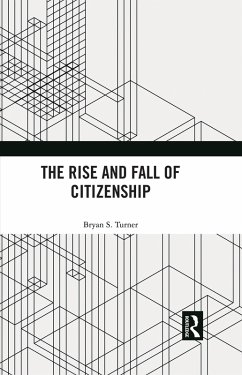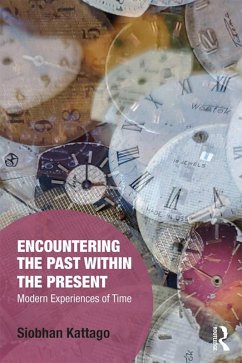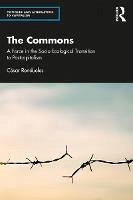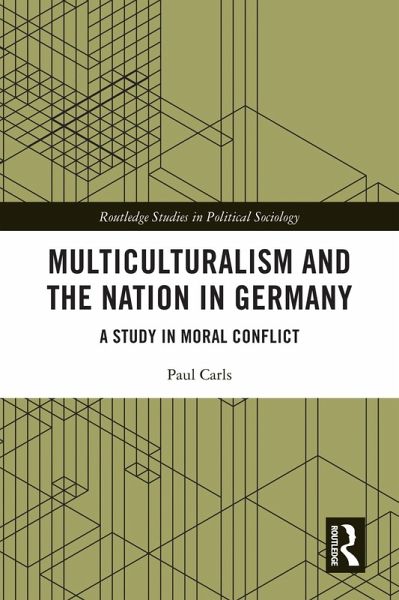
Multiculturalism and the Nation in Germany (eBook, ePUB)
A Study in Moral Conflict
Versandkostenfrei!
Sofort per Download lieferbar
39,95 €
inkl. MwSt.
Weitere Ausgaben:

PAYBACK Punkte
20 °P sammeln!
Multiculturalism and the Nation in Germany: A Study in Moral Conflict examines the new debates surrounding matters of multiculturalism, immigration, and national identity in Germany in the wake of the 2015 Refugee Crisis. Arguing that contemporary disputes are centered around four moral ideals, or ideal visions of the German community, it draws upon the thought of Émile Durkheim to identify the role of the sacred in political conflict. The book argues that at the heart of each moral ideal is a sacred object that legitimates specific policies and behaviors, and that attempts to realize moral i...
Multiculturalism and the Nation in Germany: A Study in Moral Conflict examines the new debates surrounding matters of multiculturalism, immigration, and national identity in Germany in the wake of the 2015 Refugee Crisis. Arguing that contemporary disputes are centered around four moral ideals, or ideal visions of the German community, it draws upon the thought of Émile Durkheim to identify the role of the sacred in political conflict. The book argues that at the heart of each moral ideal is a sacred object that legitimates specific policies and behaviors, and that attempts to realize moral ideals lead to conflicts involving free speech, German Memory Culture, inner-party rivalries, and political violence that go to the very essence of what it means to be German. The book includes a ground-breaking theoretical reworking of Durkheim's sociology, which it applies to the study of power and politics, as well as to debates in political philosophy. This volume will appeal to scholars across disciplines with interests in political sociology, comparative politics, social and political theory, and questions of citizenship, national identity, and belonging.
Dieser Download kann aus rechtlichen Gründen nur mit Rechnungsadresse in A, B, BG, CY, CZ, D, DK, EW, E, FIN, F, GR, HR, H, IRL, I, LT, L, LR, M, NL, PL, P, R, S, SLO, SK ausgeliefert werden.




